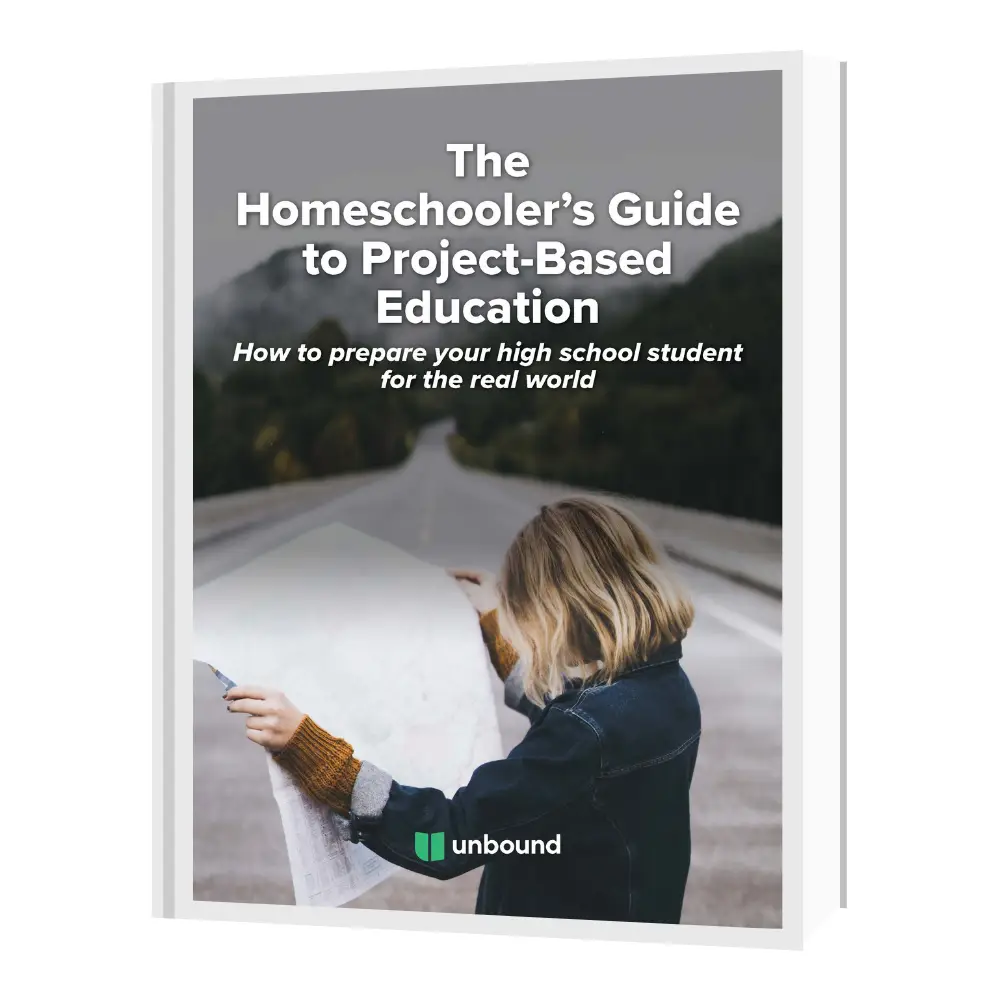Education is Broken. What Do We Do Now?

Education is broken.
And I’m not just referring to the education system, as in schools and universities, although many of those have broken.
I’m talking about a deeper dysfunction that goes beyond school budgets, class sizes, or virtual learning.
We’ve talked before about how education has fundamentally changed. But the models we use and the way we approach education hasn’t caught up. This has left educators and students alike frustrated.
Let’s explore what has fundamentally changed about education, how this has led to a broken approach, and what we can do to get back on track.
The Fundamental Change
The internet has fundamentally changed education.
The future of education in your inbox.
Get productivity tips, commentary, and Unbound updates sent to you!
Education used to be all about gaining knowledge because as SchoolHouse Rock (and Sir Francis Bacon) declared “Knowledge is power”. Those with knowledge were society’s leaders. A bachelor’s degree was a sign of status and it opened doors reserved for the rich and famous.
The cost of gaining knowledge was high. You needed to read a book. If you, like most people, didn’t have an extensive personal library, that meant many trips to the library. In addition to the time it took to go to the library (assuming you had one in town), you had to find some way of retaining information. You had to memorize it or record it somewhere where you could access it later. It was a whole process.
Contrast that to today’s digital world. We walk around with powerful computers in our pockets. We can skip most complex mathematical formulas if we use a calculator. Most historical facts are one internet search away. We have access to just about any information we could need or want. The cost of gaining knowledge is now next to nothing.
Education needs to be about more than knowledge-gain. But it’s not.
The Broken Approach
Our educational model: attending classes, reading books, writing assignments, taking tests, works for a pre-internet world.
We approach education as a knowledge-gaining exercise. But that’s not what it needs to be anymore. That’s not to say we can just tell kindergarteners to just google everything. There are great benefits to learning information and knowledge through the traditional methods of reading and being taught by a teacher.
But if all our education does is put information into our brains, we’ll quickly realize that it’s not enough. It’s like hiring a delivery driver who’s never driven before and telling him that once he’s loaded the van, he’s ready to go. Sure, he’s loaded the van but he doesn’t know where to drive or even how to drive!
In a similar way, filling a student’s brain with information doesn’t equip them for life if they don’t know what to do with that information and how that information actually applies to the world around them.
Our society’s current educational approach is this: “Come to class and we’ll make sure you’re filled with the information you need. We’ll even test you to make sure it’s stuck in there.”
This is an out-dated approach. It’s not relevant to a world impacted by the immediate information access that the internet provides.
What Do We Do?
We have to recognize this fundamental change and define what purpose education serves now.
Education should be about preparing students for life. Knowledge certainly plays a part in that but it’s secondary to proficient critical thinking, the ability to quickly and effectively master complicated information and apply it to the problems we face.
That’s exactly what project-based education addresses. This model isn’t new but it’s newly relevant and revolutionary in light of the fundamental educational changes we’ve experienced in the past couple of years.
The project-based education model is all about immediately applying knowledge, building real-world skills, gaining real-world experience, and engaging in a learn-apply-reflect loop.
The way we’re doing education now is not preparing students for the real world. We need an educational model that recognizes the special opportunities of the internet age and appreciates how it has changed the aim of education. We need a model built on an understanding of what students need to succeed in the real world and how to equip them with those things.
Ascend by Unbound helps students apply project-based education for their college studies, all the while preparing them for lives of impact through skills, experience, and community. Applications open soon.




